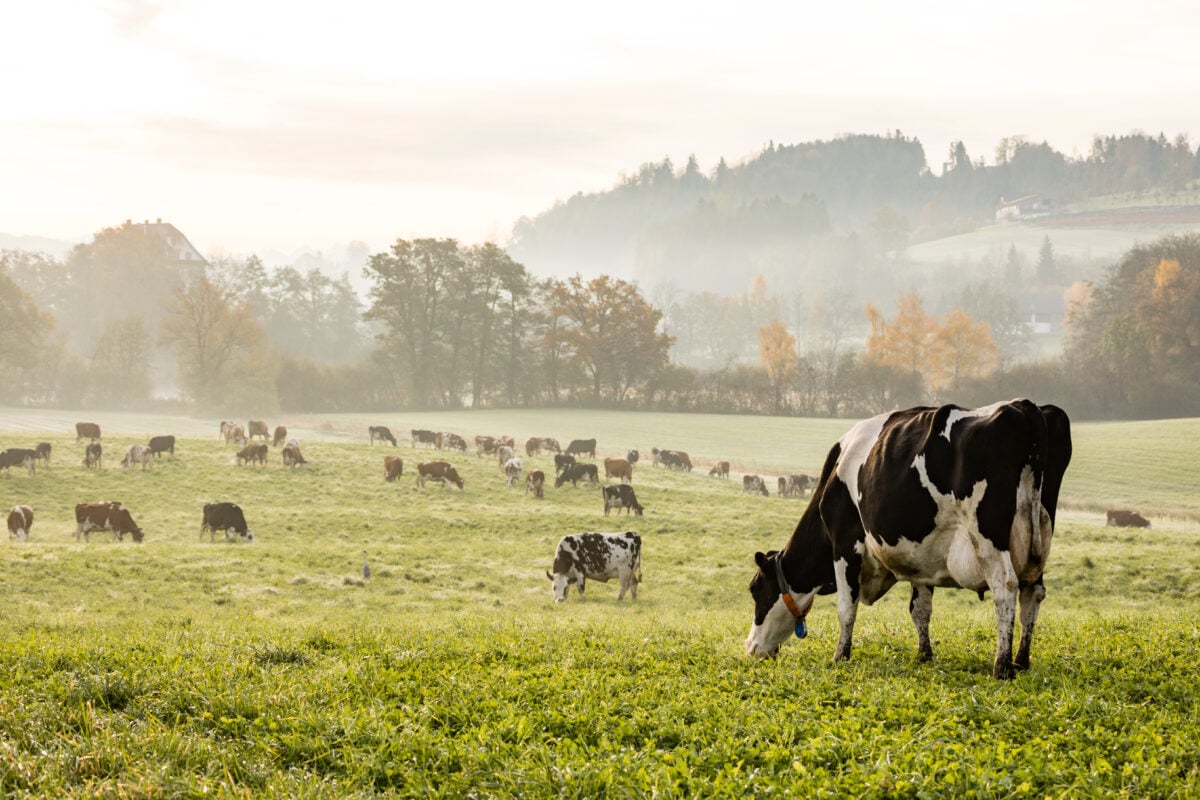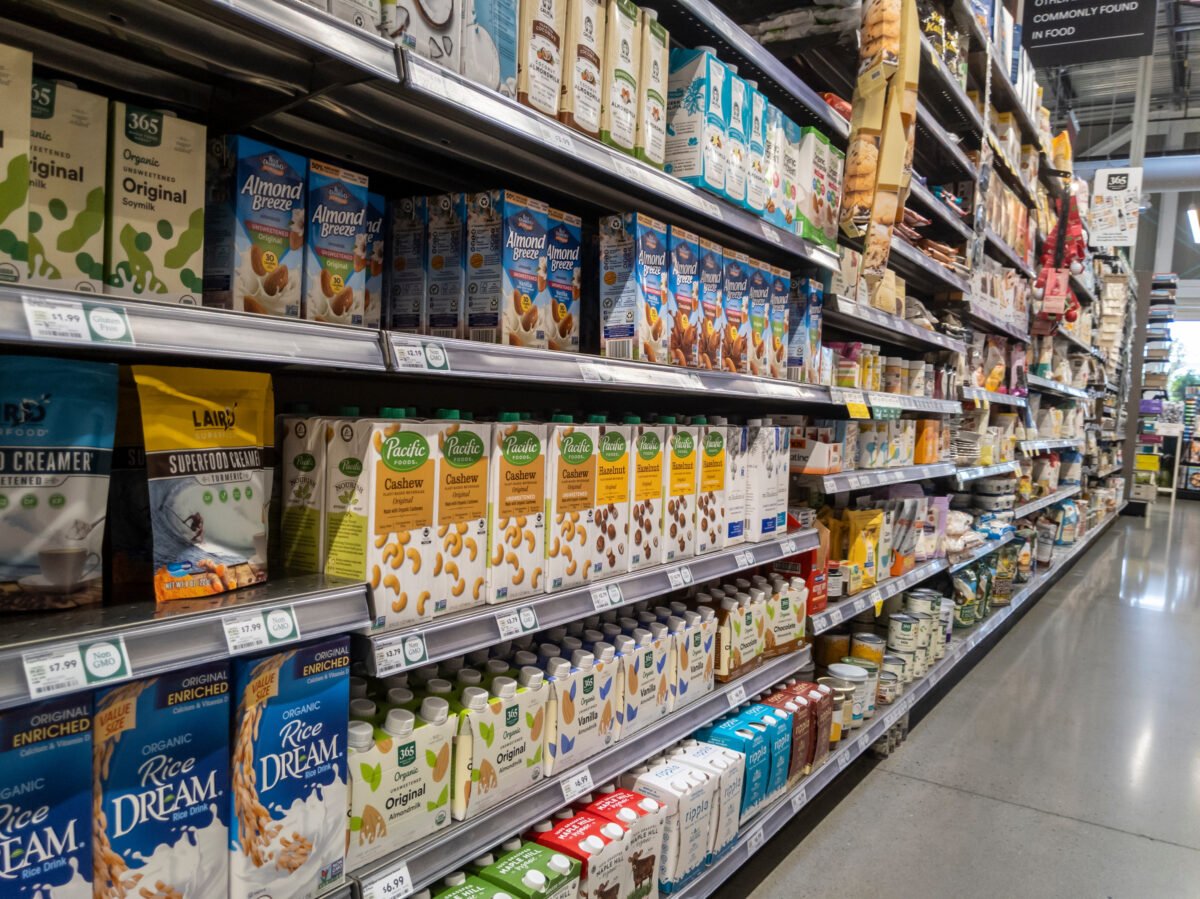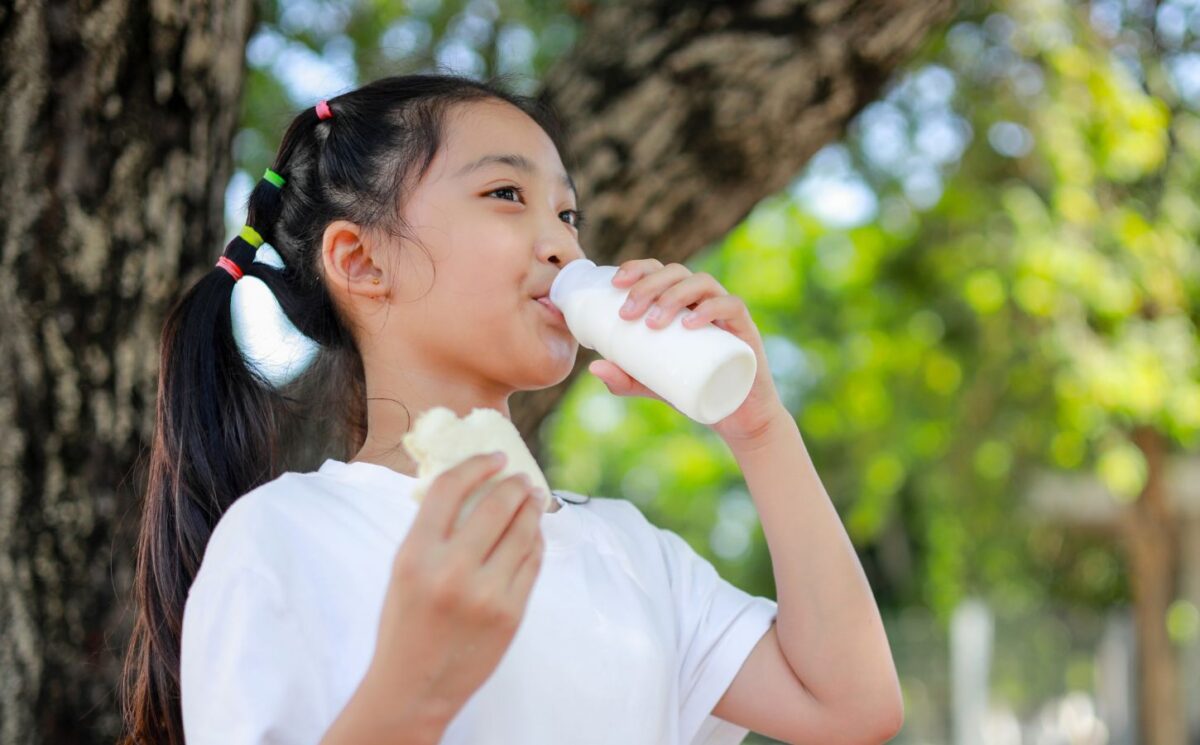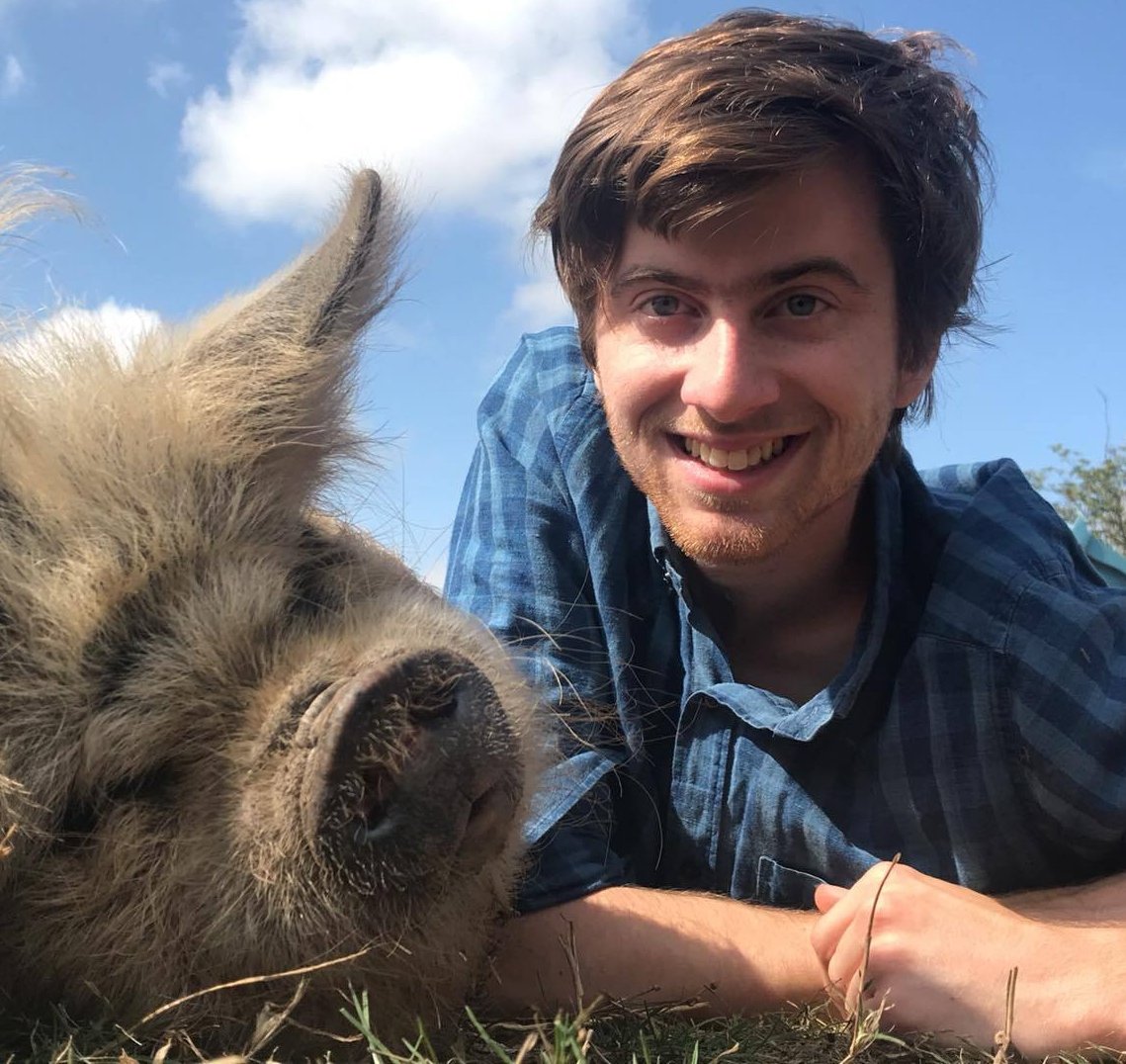Last week, the House of Representatives passed a bill that would permit the return of whole milk to school cafeterias.
The Whole Milk for Healthy Kids Act passed in the House by 330 votes to 99. It will now be debated in the Senate. The bill would allow the National School Lunch Program to serve whole milk for the first time since 2012.
Whole milk – the fattiest and most calorific form of dairy milk – is associated with several health problems. Dairy products are the number one source of saturated fat in the American diet. They have been linked to increased risk of heart disease, type 2 diabetes, Alzheimer’s disease, as well as breast, ovarian, and prostate cancers.
As lawmakers try to reinstate these dairy drinks to school lunches, plant-based milks keep growing in popularity across the US.
Dairy is bad for children’s health
Whole milk was phased out from US school cafeterias in 2010. The move was intended to help the country reduce levels of childhood obesity.
Dairy consumption has been associated with an increased risk of a number of chronic health conditions in children. These include acne, eczema, asthma, and type I diabetes.
Consuming soy milk in place of cow’s milk as a child has also been shown to reduce women’s risk of breast cancer by 32 percent.
Meanwhile, research has shown that the supposed health benefits of dairy are overplayed. For example, large cohort studies have revealed no evidence that high dairy consumption reduces bone fracture rates. Fortified plant milks can provide a child’s full vitamin D and calcium needs for healthy development.
The prominence of dairy milk in schools seems at odds with the fact that 70 percent of the world’s population is lactose intolerant. Children who are lactose intolerant but continue to consume dairy regularly experience symptoms including abdominal pain, diarrhea, and fatigue.
Big Dairy has outsized influence in schools

The dairy lobby has long used its influence to secure favorable treatment in schools.
Despite its associated health risks, a federal law dictates that cow’s milk must be offered at every school lunch and breakfast served under the USDA’s National School Lunch Program and the School Breakfast Program.
Earlier this year, a California student won a landmark legal case after she was told not to share information about the negative impacts of dairy milk.
With more students choosing plant-based milks, new dairy industry-funded adverts have desperately tried to promote dairy milk and disparage plant-based alternatives.
Representatives risk children’s health for Big Dairy
In the debate over the new act, many representatives voiced their support for giving children full-fat dairy milk.
North Carolina representative Virginia Foxx stated that dairy milk “provide[s] the fuel Santa needs to travel the whole globe in one night.”
Tradition dictates that children leave out milk and cookies for Santa on Christmas Eve. But it is not specified that this must be dairy. Indeed, fuelled by fortified soy milk and vegan cookies, Santa might have better health outcomes and improve his efficiency yet further.
Meanwhile, Wisconsin representative Derrick Van Orden argued that plant-based milks are “not real milk”. This is a line of attack paid for by Big Dairy in a recent advert featuring Aubrey Plaza.
Students know the problems with dairy

Young people are among the most awake to the ethical, environmental, and health issues associated with dairy. Research by dairy company Arla found that almost half of Generation Z feel shame around ordering dairy products.
Cows exploited in the dairy industry are repeatedly impregnated each year until their body gives up. At this point they are sent to the slaughterhouse. Their calf is taken from them each time they give birth so that humans can drink their milk.
The dairy industry is one of the biggest contributors to the climate crisis. It is responsible for at least four percent of global greenhouse gas (GHG) emissions. At COP28, policymakers discussed the impacts animal agriculture is having on the planet. The majority of food served at the summit was plant based.
Moreover, a study from 2018 found that ditching meat and dairy is the “single biggest way” to reduce your impact on the environment. For those looking to swap out dairy, there are dozens of vegan milk varieties available. These range from oat and pea, to soy and even potato.






